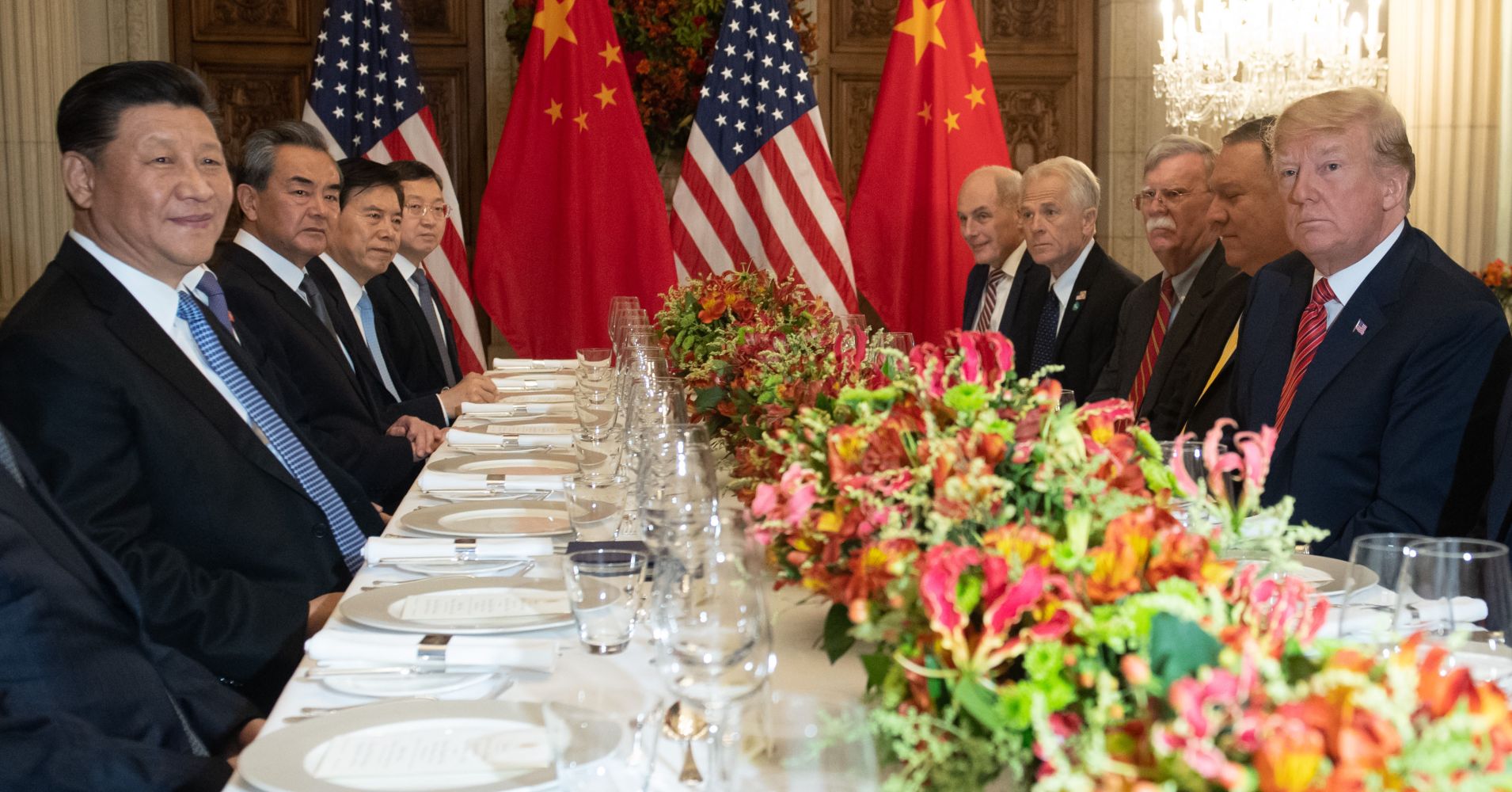
The trade war between the United States and China that has roiled global stock markets and raised fears of an economic slowdown is now weighing on small businesses, according to the latest CNBC|SurveyMonkey Small Business Survey.
One in five small-business owners do business with China, most by importing Chinese goods and services to the United States. For many, their bottom lines take a hit every time new tariffs are announced.
These 20 percent of small-business owners are driving much of the pessimism regarding trade, as they are about twice as likely as everyone else (47 percent vs. 24 percent) to expect their businesses to suffer from trade policy changes in the next 12 months.
China is the dominant trade concern for American small business owners. Most (60 percent) who don’t do business with China generally don’t expect to be affected by trade policy in the next year. But, those remaining are more likely to say they’ll see a negative effect on their business than a positive one (24 percent vs. 15 percent), even despite their lack of direct business ties.
In the first quarter of this year, six in 10 small business owners expected smooth sailing regarding trade policy when looking ahead 12 months. That changed quickly. In late March, President Trump went after China directly, announcing $50 billion of Chinese goods.
China responded with tariffs of their own — on aluminum, airplanes, cars, pork, and soybeans, among other American-produced goods. A few days later, the Trump administration placed tariffs on an additional $100 billion of Chinese imports.
By the second quarter of 2018, small business owners had grown worried. The percent who expected no effect of trade on their business fell from 60 to 53 percent, while the percent expecting a negative effect jumped from 17 to 28 percent.
In the intervening months, both China and the US have continued to announce new rounds of tariffs on strategically chosen industries, with each announcement followed nearly immediately by the other country retaliating with measures of their own.
And in the same time period, concerns about trade have wobbled but remained considerably more negative than a year ago. This month’s 14 percentage point gap between those expecting a negative effect and those expecting a positive effect as a result of changes to trade policy is the widest that margin has ever been.
About six in 10 small business owners (61 percent) and the same proportion of the general public view China as an adversary and competitor of the U.S. rather than an ally and partner.
But, small business owners who import to or export from China are about twice as likely as everyone else to view China favorably (59 percent vs. 27 percent). This divide has nothing to do with partisanship: the two groups have nearly identical proportions of Republicans and Democrats.
Instead, they’re likely to be working in industries that are directly affected by these tariffs. In the retail trade industry, for example, about a third (32 percent) of small business owners say they do business with China, and they expect their businesses to take a hit thanks to trade policy by a 20 percentage point margin (34 to 14 percent). On the other hand, just six percent of small business owners in the finance and insurance industry work with China, which helps explain why a majority (63 percent) expect no effect on their business thanks to trade policy in the next year.
As the Trump administration continues to escalate its tariffs on Chinese goods, the effect will extend all the way to Main Street. Those who will be impacted are looking ahead to 2019 and seeing very preventable trouble, wondering why they’re paying the price for a trade war far away.
— By Laura Wronski, senior research scientist, SurveyMonkey, and Jon Cohen, chief research officer, SurveyMonkey
The fourth-quarter CNBC/SurveyMonkey Small Business Survey was conducted more than one week after the midterm elections, between Nov. 19 and Nov. 29, across a population of more than 2,100 U.S. small-business owners.
The survey is conducted quarterly using SurveyMonkey‘s online platform and based on its survey methodology.
WATCH:This trade deal may be what Trump needs to take on China
